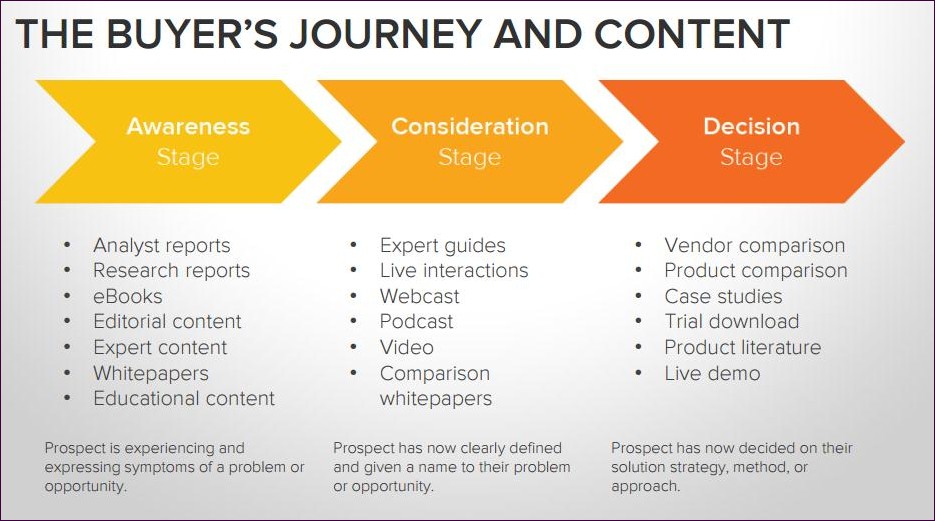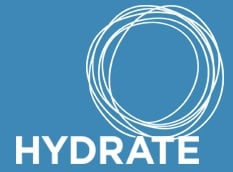Have you ever looked at your business' website and wondered, "What is the point of this thing?" If so, you've probably got some work to do. A website should not be something that is built, published, and never touched again. If you think about it, your website serves several functions, such as attracting new leads, processing sales, and advertising your brand. One of the greatest ways a business can hurt themselves is by treating their website like an online brochure, instead of their strongest marketing asset. With that in mind, don’t you want a website that doesn’t just work, but works for you?
Did you know that only 3% of buyers are active buyers? Active buyers are ready to purchase and are searching for the company that can best meet their needs.
That means that 97% of buyers are passive buyers. They're in the early stages of the buyer's journey and still investigating solutions to their problems. That's why it is crucial that companies produce helpful content that positions them a resource for prospective buyers in this early stage, and that guides buyers through the subsequent stages of the buyer's journey.
Marcus Sheridan of The Sales Lion claims that 70% of people who contact a company already know they’re going to do business with them. That’s because they’ve done their research online prior to contact; even if they’re looking for a financial advisor. Therefore, having an effective, optimized online presence is required in order to compete these days.
Your website’s bounce rate is a metric that shows the percentage of people who land on your page (visit your website) and leave without clicking any links. These visitors are often referred to as “single-page visitors.” A single page visit could happen for many reasons: Maybe someone accidentally clicked on your page; maybe they thought you offered a different service than what is presented on your home page; or maybe they just don’t like the way your page looks, so they leave. Whatever the case may be, when you look at your page’s bounce rate, you want to see a low percentage, so let’s work on that.









